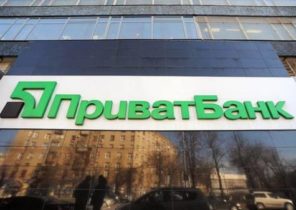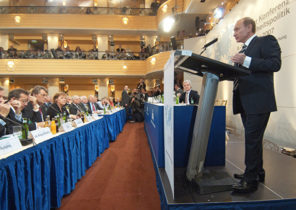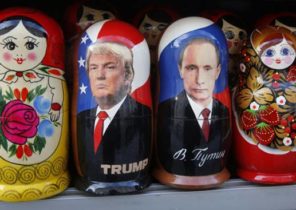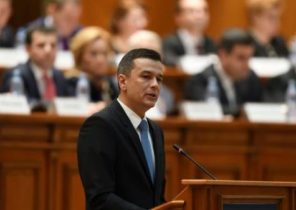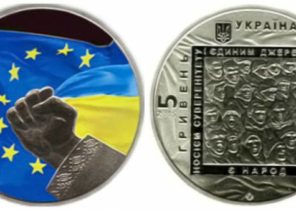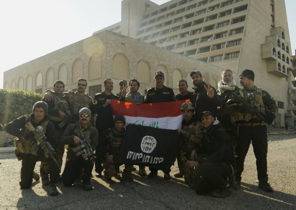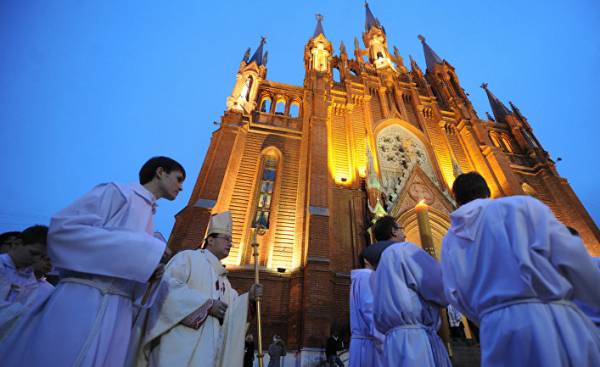
The murder of his father, Jacques Amelia in his Church in Saint-étienne-du-Rouvray was a real shock to the public, and especially Catholics. Although the highest ecclesiastical circles, and the representatives of the Muslim faith have jointly condemned the barbarism and called to speak a message of peace, a new terrorist attack with considerable symbolic significance sparked fears about sectarian tensions and possible retaliation from Catholics.
A year later, a poll of French Institute of public opinion (IFOP) by order of the Agency Nocom showed that the fight against radical Islam represents one of the main topics on which the French will be improved in the coming years. 61% said the weakening of the influence of radical Islam is an absolute priority. The study was conducted after the accession of Emmanuel Macron to the position in a few days after the attack on the Champs Elysees. The situation in that time was intense, but in any case we see that although a number of studies indicate relative softening of position on the question of Islamism (in comparison with the situation after the attack in nice or the murder of the father Amelia), this theme is not gone out of sight of the French, and still thoroughly permeates our country.
According to the Pew Research Center, almost half of the French believe that radical Islamism relates to them. This may indicate a threat or worrisome. That is, this issue is still causing concern, although the pressure had weakened slightly compared to the previous year. Around us is constantly having events, which again put him at the forefront of the news flow (whether the attack or elimination of the cell). It supports all the background noise, which may increase or decrease depending on the moment.
1. Growing dissatisfaction with Islam among the Catholics…
In recent years, a number of indicators talked about the growing power of the disapproval of Islam, which is particularly pronounced among Catholics. This applies to threats to the identity of our country due to the presence of the Muslim community, as well as the influence and visibility of Islam in France. It looks like faithful Catholics who feel their own demographic decline and its position as a minority in contemporary French society (this is clearly demonstrated by the adoption of the law on same-sex marriage), sensitive to the growing visibility of Islam in the public space. They believe that the dynamism of Islam makes him an opponent of Catholicism, which is established in the country much earlier, but is now losing ground.
Whether it’s harsh response to the recommendation of the Association of mayors of France not to set up Nativity scenes in city halls for compliance with the principle of secularism or success running Valeurs Actuelles petition against turning churches into mosques (with such an awkward proposal was made by the rector of the Great Paris mosque, Dalil Bubaker: it just has served as a symbol of the weakening of Catholicism in relation to the dynamic of Islam), it is worth noting that the considerable part of Catholic France immediately expressed its views on such related identity issues.
In studies of public opinion can be seen many signs of this growing discontent with the polarization of positions about the characters growing visibility of Islam.
In the period from October 2012 to April of last year, opposition to the construction of mosques expressed in the majority among Catholics, and their number increased by 15% compared to 9% on average among the population. In addition, the rejection of the wearing of the veil or the Islamic scarf at school before it was common, 54% of Catholics (some of them considered such a ban in the reflection too harsh secular measures in the school, from which in the past many suffered themselves Catholics), but now we are talking about 67%. In other words, the index rose by 13% in four years, but remained at the same level in the General population.
2… and the rejection of Muslim migrants
Anxiety about the development of Islam and strengthening of the terrorist threat caused the worst confusion, which caused a migration crisis of the French Catholics. So held in September 2015, the IFOP survey showed that 58% of Catholics supported the Pope’s appeal that each parish should adopt a family of migrants. 31% did not agree with him, and 11% were indifferent to it (it should be noted that similar indifference and the more disagreement is quite rare for believers, when it comes to the word of the Pope). The fact that the migrants were Muslims, of course, led schA the unwillingness of a number of Catholics to exercise Christian charity. Note that a few mayors from the right-wing said it was ready to accept migrants in their cities, but only if they are Christians. Further, in August 2014 after the capture of Mosul by the Islamic state (banned in Russia as a terrorist organization — approx.ed.) 76% of Catholics were willing to take in France Eastern Christians, while in September 2015, with 48% of them expressed willingness to accept mostly Muslim migrants.
Moreover, such unwillingness to accept migrants among Catholics has only increased since in March 2016, the figure fell to 38%, that is 10% in six months despite the fact that the overall decline among the population amounted to only 4%.
To reverse the trend are only the Pope’s trip to Lesbos. After this is widely reported in the media visit support migrants increased by 4% among the population and 16% among Catholics (from 38% to 54%). A symbolic gesture by Pope Francis, who brought with him to the Vatican 12 Muslim migrants, influenced Catholics are torn between Christian charity and the fear of terrorism and the development of the dynamics of Islam in France. Anyway, the act Francis did not affect those in whom faith is significantly weaker (among them, support has increased from 35% to 37%): mercy clearly did not seem to them more important than issues of security and identity.
This anxiety of Catholics (especially those who are less receptive to the message of the Pope) is also reflected in various trips to the Eastern Christians and migrants in General (the vast majority of them Muslims). So, a week after the already mentioned study IFOP again asked the same question, but replace “workers” by “Eastern Christians”. As we have seen in the summer of 2014 after the fall of Mosul (where lived a great number of Christians) and at the peak of the migration crisis in September 2015, the results were quite different. For the reception of Eastern Christians, made 62% of French, 16% more than supporters of migrants in General.
